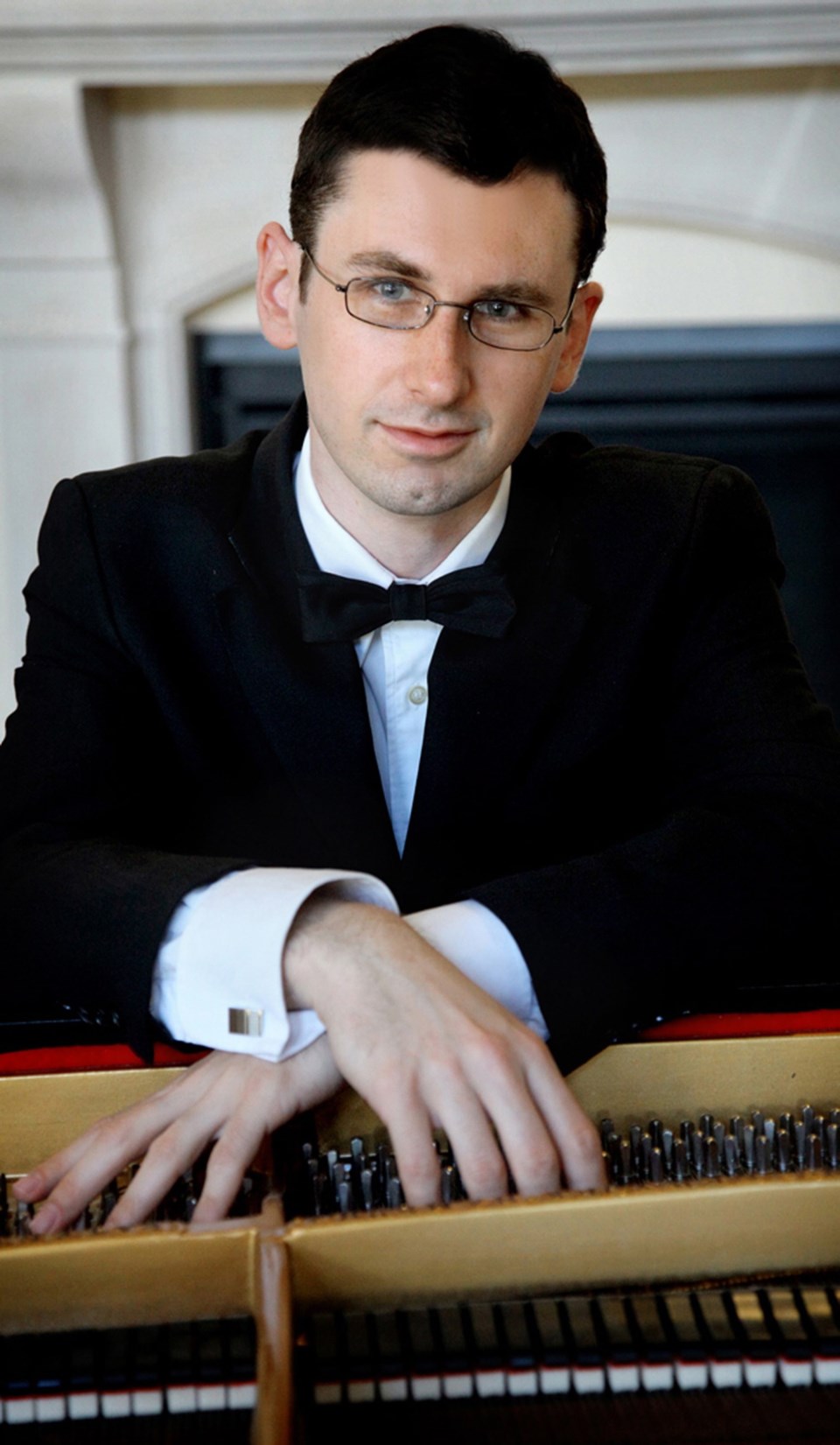PREVIEW
What: Ilya Poletaev, piano
When/where: Wednesday, Oct. 12, 8 p.m., Phillip T. Young Recital Hall (School of Music, MacLaurin Building, University of Victoria)
Tickets: Free admission
What: Emily Carr String Quartet: Music Inside Out — Beethoven
When/where: Saturday, refreshments 10:30 a.m., concert 11, Pacific Fleet Club (1587 Lyall St., CFB Esquimalt)
Tickets: $25, students free. Online at eventbrite.ca; in person at Ivy’s Bookshop (2188 Oak Bay Ave.)
I’ve whinged before in this space about the conservative taste of many classical-music fans and its detrimental, constraining effect on the repertoire of those who perform for them. In March, I cited statistics along these lines in what some read (wrongly) as an I-hate-Beethoven column, and recently some new, similar data emerged.
On Sept. 22, a classical-music website reported on a survey of the repertoire of seven leading North American orchestras. Of the almost 10,000 pieces they have performed since 2011, 15 per cent were by just two composers, Beethoven and Mozart; that figure rose to 24 per cent when Tchaikovsky and Brahms were added. A symphonic repertoire one-quarter of which comprises just four composers who lived between 1756 and 1897 — are audiences really this easily satisfied?
We read such things mostly about orchestras and opera companies, because it is for them that we have regular, reliable statistics. But mainstream chamber musicians and soloists, too, must contend with unadventurous audiences and a fossilized repertoire.
So it is pleasant to be able to plug a visiting performer who evidently has an inquisitive mind that makes him curious and broadminded when it comes to repertoire.
Ilya Poletaev is a Moscow-born pianist who is an assistant professor of music at McGill University in Montreal, but has a wide-ranging international career. Next Wednesday, he will appear in the University of Victoria’s Orion Series in Fine Arts (which means admission is free).
Poletaev plays music spanning the 16th through 21st centuries, and even within the common-practice period makes many interesting choices outside the standard repertoire (Dussek, Nielsen, Medtner and such).
When it comes to early music, he is no dilettante, but a trained, experienced soloist and continuo player on early keyboard instruments — organ, harpsichord, fortepiano. (At the University of Toronto, he studied harpsichord with Colin Tilney, who now lives here.) But he plays a diverse and interesting Baroque repertoire on the modern piano, too.
The three big pieces comprising next Wednesday’s program, which he will talk about from the stage, represent, he says, “three very different sides of my musical personality.”
The early-music side is represented by Bach’s French Overture in B Minor, one of his profoundest essays in the French-style suite of dances. (Among Poletaev’s many competition victories is a first prize, in 2010, at the prestigious International Johann Sebastian Bach Competition, in Leipzig.)
Poletaev’s nod to the standard repertoire is Schumann’s Humoreske, Op. 20, one of his most kaleidoscopic, fantastical, and elusive works, though (perhaps not coincidentally) not one of his greatest hits. Poletaev calls it “a personal diary” and “a confession.”
In between the Bach and the Schumann is the kind of rarity Poletaev enjoys championing: the Piano Sonata No. 1, from 1924, by the Romanian composer George Enescu, a dramatic, darkly passionate work that ends with a haunting slow movement. Poletaev won a prize at a competition in Enescu’s name in 2011, and, with Axel Strauss, has recorded Enescu’s complete works for violin and piano for the Naxos label.
Poletaev will also give a free public masterclass for UVic students on Tuesday, Oct. 11 (3:30 p.m., Phillip T. Young Recital Hall).
On Saturday morning, the Emily Carr String Quartet will begin its season with another instalment of its educational series Music Inside Out. This time, the subject is Beethoven’s String Quartet in A Minor, Op. 132, from 1825, the second of the five great quartets with which he capped his career in the last two years of his life.
Op. 132, which has five movements, is as ambitious and experimental and multifarious as the rest of the late quartets, and is especially famous for its central movement, a deeply moving variation set at the head of which Beethoven wrote: “Holy song of thanksgiving from a convalescent to the Godhead.” (He had recently recovered from a serious illness.)
Pianist Robert Holliston, who is head of the keyboard department at the Victoria Conservatory of Music, Pacific Opera Victoria’s principal coach and a popular, engaging public speaker, will talk about Op. 132 in the context of Beethoven’s life, after which the ECSQ will perform the complete work.



